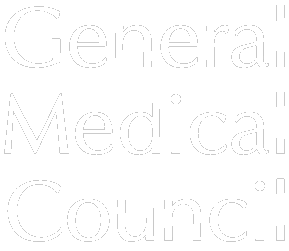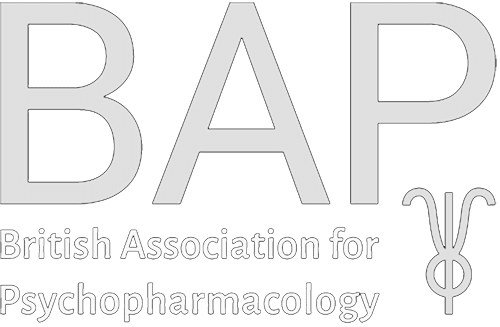Memory Assessment in Brighton
Psychiatric memory assessment and treatment
About this service
We are a private psychiatric clinic in Brighton, offering specialist assessments and treatment for memory problems. We have consultant psychiatrists who are specially trained in the assessment of memory and cognitive functioning, providing you with a comprehensive assessment to ensure appropriate diagnosis and treatment planning.
We pride ourselves in a compassionate, person-centred approach to diagnosis and treatment. Please do not hesitate to get in touch, and our expert staff will be happy to help.



Memory disorders encompass a wide range of conditions characterised by impairments in one or more aspects of memory function. These disorders can be classified into several categories, including:
- Neurodegenerative Disorders: Neurodegenerative disorders such as Alzheimer’s disease, Parkinson’s disease dementia, and frontotemporal dementia often present with progressive memory loss as a hallmark symptom. Psychiatrists are trained to recognize the cognitive and behavioural manifestations of these disorders and differentiate them from other causes of memory impairment.
- Psychiatric Disorders: Certain psychiatric disorders, such as major depressive disorder, bipolar disorder, schizophrenia, and post-traumatic stress disorder (PTSD), may also be associated with memory deficits. Psychiatrists assess memory function as part of the diagnostic process and consider the interplay between psychiatric symptoms and cognitive impairment.
- Substance-Related Disorders: Substance abuse or dependence can lead to memory disturbances, either as a direct effect of the substance on the brain or due to associated factors such as withdrawal symptoms or co-occurring psychiatric conditions. Psychiatrists evaluate the impact of substance use on memory function and address substance-related memory issues as part of treatment planning.
- Mild Cognitive Impairment (MCI): Mild cognitive impairment is a transitional stage between normal aging and dementia, characterised by subtle cognitive decline that does not significantly impair daily functioning. Psychiatrists assess individuals with MCI for mem
Psychiatrists employ a variety of assessment methods to evaluate memory function comprehensively. These may include:
- Clinical Interviews: Psychiatrists conduct thorough clinical interviews to gather information about the patient’s medical history, presenting symptoms, cognitive complaints, and functional status. A detailed history helps in identifying potential etiological factors contributing to memory impairment.
- Mental Status Examination: During the mental status examination, psychiatrists assess various cognitive domains, including memory, attention, executive function, and language. Specific memory tests, such as immediate and delayed recall of verbal and visual information, are administered to evaluate different aspects of memory function.
- Neuropsychological Testing: Neuropsychological tests are valuable tools for assessing memory and other cognitive functions in a standardised manner. Psychiatrists may refer patients to neuropsychologists for comprehensive testing, which can help in diagnosing specific memory disorders, determining the extent of cognitive impairment, and guiding treatment recommendations.
- Neuroimaging Studies: Neuroimaging techniques such as magnetic resonance imaging (MRI) and positron emission tomography (PET) may be utilised to examine structural and functional abnormalities in the brain associated with memory disorders. Psychiatrists interpret neuroimaging findings in conjunction with clinical data to aid in diagnosis and treatment planning.
Once memory deficits are identified, psychiatrists collaborate with multidisciplinary teams to develop individualised treatment plans aimed at optimising cognitive function and enhancing quality of life. Treatment approaches may include:
- Pharmacotherapy: Psychiatrists prescribe medications to manage underlying psychiatric conditions contributing to memory impairment, such as antidepressants, antipsychotics, or mood stabilisers. In cases of neurodegenerative disorders, cholinesterase inhibitors or memantine may be prescribed to improve cognitive symptoms.
- Psychotherapy: Psychotherapy, such as cognitive-behavioral therapy (CBT) or supportive therapy, can help individuals cope with memory loss, address maladaptive thought patterns, and develop compensatory strategies for memory difficulties.
- Cognitive Rehabilitation: Cognitive rehabilitation programmes focus on improving cognitive skills, including memory, through structured exercises, compensatory strategies, and environmental modifications. Psychiatrists coordinate referrals to cognitive rehabilitation specialists and monitor patients’ progress in rehabilitation programmes.
- Lifestyle Interventions: Psychiatrists emphasise the importance of lifestyle modifications such as regular exercise, healthy diet, adequate sleep, and social engagement in promoting brain health and cognitive function. These interventions may help slow the progression of cognitive decline and improve overall well-being.
Psychiatrists play a crucial role in the assessment, diagnosis, and management of memory disorders, drawing upon their expertise in psychiatry, neurology, and cognitive neuroscience. By understanding the complex interplay between psychiatric symptoms and memory function, psychiatrists can effectively evaluate memory deficits, formulate comprehensive treatment plans, and support individuals in managing memory-related challenges. Through interdisciplinary collaboration and evidence-based interventions, psychiatrists strive to enhance cognitive function and quality of life for patients with memory disorders.
Useful Resources:
NHS website – Memory problems
Royal College of Psychiatrists – Memory problems and dementia
National Institute of Clinical Excellence – Recommendations
British Association of Psychopharmacology – On prescription drugs treatment
Alzheimer’s Society – Talking to someone about memory problems
Medical Review
The information on this page has been written and reviewed for accuracy by Dr Richard Bowskill MA, MB, BChir, MRCP, MRCPsych
Make an Appointment
Booking an appointment is easy and confidential.
Simply call or email and our helpful staff will arrange your appointment for a convenient time.







